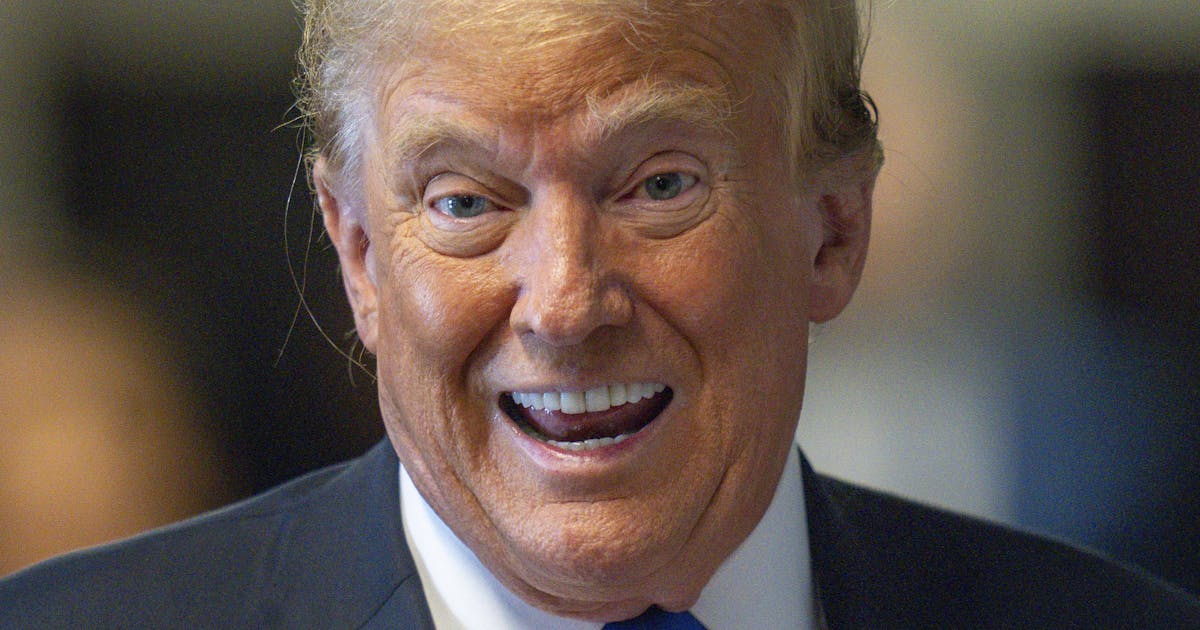
Daniel Richman, a law professor at Columbia and onetime federal prosecutor in the Southern District of New York, told me he doesn’t expect Trump to serve jail time. But “in an ordinary case,” he conceded, “judges don’t take kindly to defendants who show contempt for the process.” Doing so, Richman said, would “argue strongly for coming down hard on someone.”
Another consideration is that Trump’s former attorney Michael Cohen spent more than a year at the Otisville Federal Correctional Institution as inmate 86067-054, then another year and a half under house arrest, for his own role in Trump’s hush-money transaction. Granted, Cohen was sent to jail not only for violating campaign law but also for tax evasion and making false statements to a bank. But it was Cohen’s covert payment to Stormy Daniels that brought prosecutors to his door.
Compared to Trump, Cohen was “a less culpable person in terms of this crime,” Andrew Weissmann, a law professor at New York University (and former lead prosecutor in Robert Mueller’s special counsel investigation), told me. Trump was “the leader of the charged crime. This was all done for him.” Also unlike Trump, Weissmann pointed out, Cohen pled guilty (as Trump did not) and cooperated with the Mueller investigation (which Trump did only kinda-sorta). In addition, Cohen expressed remorse for his role in this crime. Trump, needless to say, has not, and indeed has done quite the opposite, insisting on his innocence, calling Merchan “corrupt” and “conflicted,” and much more.